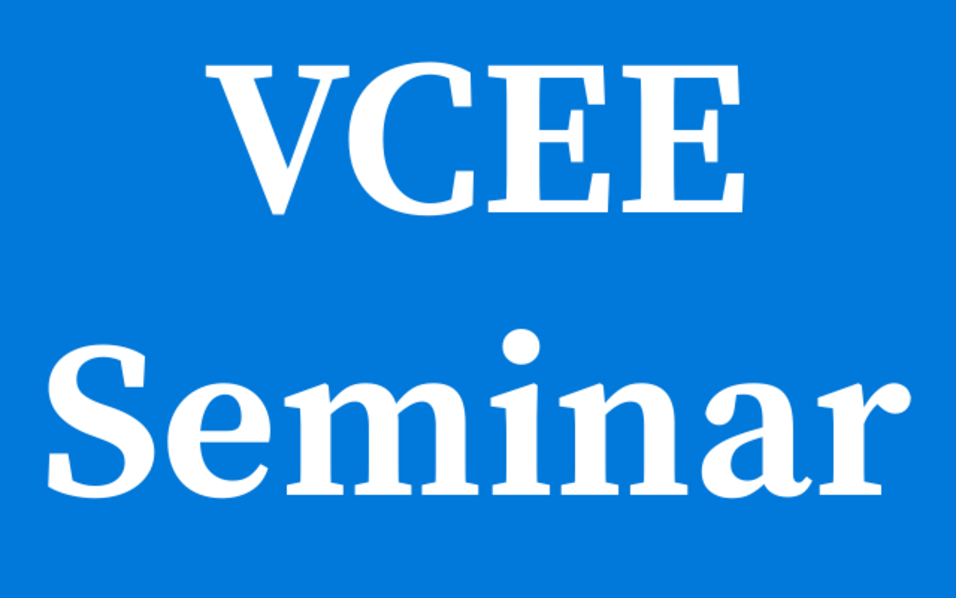Abstract:
Academic honesty is crucial for the advancement of and trust in science. However, survey evidence suggests that a considerable number of scientists engage in questionable research practices. Motivated by identity economics theory, we provide evidence on incentivized truth-telling behavior of scientists by means of an online field experiment. We conduct an established coin-tossing task with 437 members of an international scientific organization, in which participants face a trade-off between monetary incentives of lying and honest reporting. In particular, we compare reporting behavior across two treatments, either making the private or professional identity more salient. We find that fewer scientists over-report winning tail tosses in the professional identity treatment. Yet we also find that scientists over-report tail tosses compared to the truthful distribution even in the professional identity treatment. While honesty norms associated with the scientific identity thus seem to increase truth-telling, academia still has to further foster norms of honest behavior and enforce measures for preventing scientific misbehavior.

